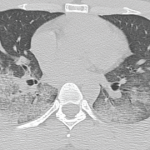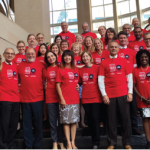It’s a bit ironic that when injured people are in pain—and their mobility is reduced—they are often expected to travel to a physical therapy clinic. For millions of people, such trips are a burden. In Australia, however, some patients are “letting movement come to them.” Novel research from The University of Melbourne shows that taking…






